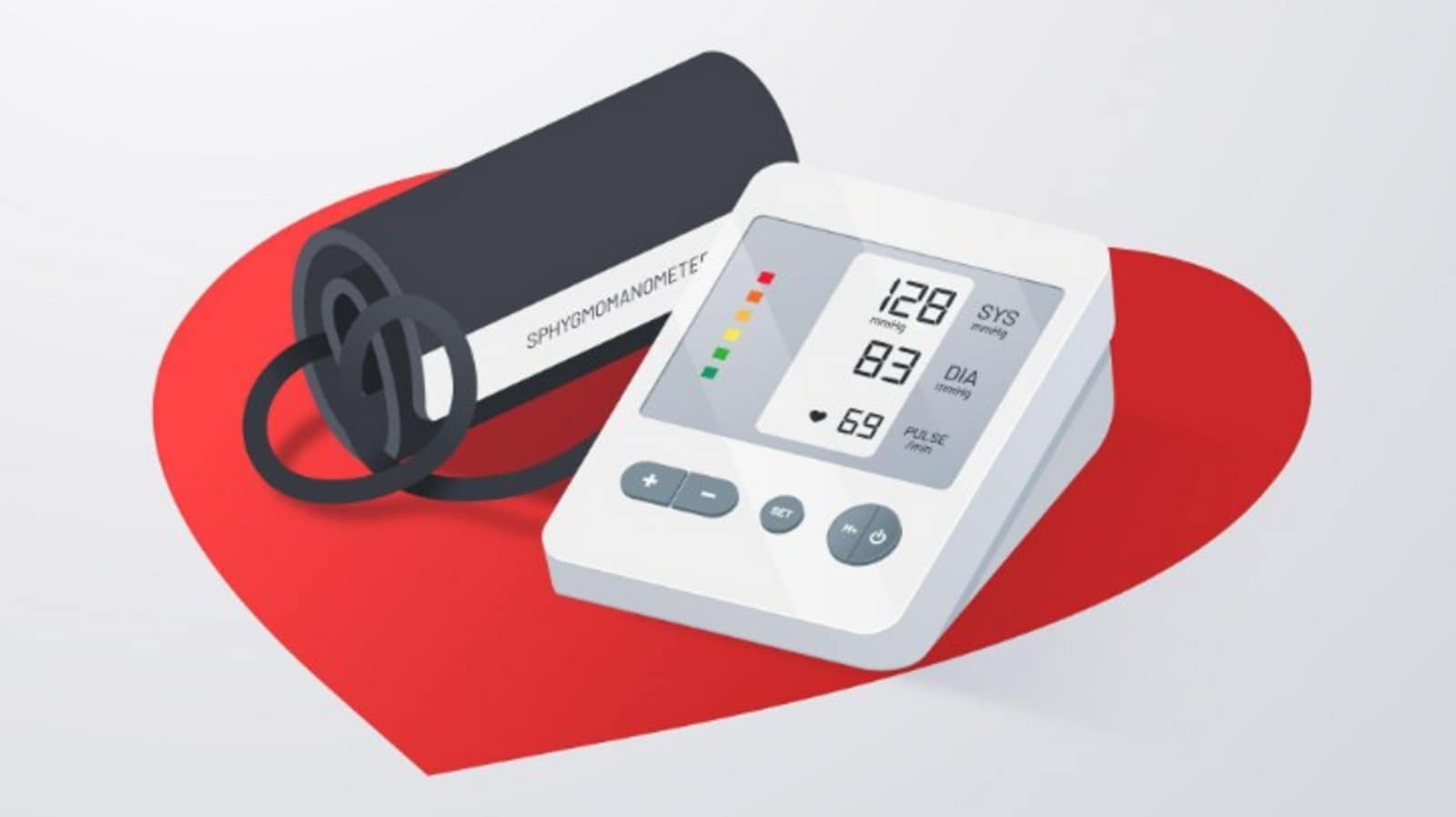Sleep plays a crucial role in maintaining heart health. In an interview with HT Lifestyle, Dr Vijay D’silva, medical director of White Lotus International Hospital and clinical advisor of Heartnet India, explained how sleep helps naturally decrease blood pressure and heart rate, giving the heart a chance to rest and repair. Also read | Sleep plays a crucial role in maintaining heart health
Sharing that research suggests sleeping less than seven hours a night can increase the risk of heart disease, he said, “The National Library of Medicine (NIH) reports that sleeping just one hour less than 7 hours increases heart disease risk by 11 percent. Sleep is an underrated aspect of heart health. It not only resets the body but also keeps the heart strong and healthy. Yet, Sleep is ignored as optional, compromising for work, social media, and late-night binge-watching.”
How sleep benefits heart health
Explaining how sleep resets the cardiovascular system, he said, “The state of sleep acts like a reset button for the cardiovascular system. The blood pressure naturally decreases, the heart rate slows down, and the body starts to repair any kind of injuries, stress, and muscles.”
Dr D’silva added that sleeping relieves the human body from the exhaustion and tension experienced all day. “Good sleep also helps increase melatonin, cortisol, and antidiuretic hormone (ADH) levels, which are responsible for protecting blood vessels from oxidative stress, reducing hypertension, controlling excessive stress on the heart, and protecting the heart from any kind of risk in the long run,” he said.
What are the risks of poor sleep?
Lack of sleep can lead to increased blood pressure, straining the cardiovascular system. According to Dr D’silva, “Sleep is one of the basic needs for the human body. The lack of sleep affects the body physically and mentally, making the body tired and sleepy and adversely affecting heart health.”
The doctor explained that poor sleep can disrupt hunger hormones, leading to weight gain and obesity, and affect insulin release, increasing the risk of type 2 diabetes. Here’s how:
⦿ Blood pressure
“Lack of sleep can shift hormone levels, leading to increased blood pressure. This can produce stress and strain on the cardiovascular system,” Dr D’silva said.
⦿ Obesity
He added, “Insufficient sleep can disturb the hormones that regulate hunger, which can lead to conditions like weight gain and obesity. Obesity is a big contributor to heart disease as it can lead to conditions like high cholesterol.”
⦿ Diabetes
Dr D’silva said, “Poor sleep affects the human body’s ability to release the insulin hormone, which increases the chances of developing type 2 diabetes. A maintained sleep cycle can preserve the heart young and healthy.”

10 tips for better sleep
Dr D’silva said proper sleep stimulates the required hormones that regulate growth hormones and repair tissues – these are an essential part of better heart health. According to Dr D’silva, you should go to bed and wake up at the same time every day, include fruits, green vegetables, and protein-rich foods in your diet, limit screen time, avoid heavy meals, as well as plan your tasks, and try relaxation techniques to reduce stress, among other things.
Here are some tips from Dr D’silva for deep sleep:
1. Stick to a regular sleep schedule, go to sleep and wake up at the same time every day.
2. Include healthy foods like fruits, green vegetables, and protein-rich foods in your diet. Avoid alcohol, caffeine, smoking, and high fats or sugar.
3. Don’t eat heavy meals before bed for better digestion and restorative sleep.
4. Limit screen time at least 1 hour before bed time.
5. Don’t overhydrate before bed.
6. Try to get proper sunlight during the day. Go for a morning or a launch walk.
7. Exercise daily for better blood circulation. Try not to exercise a few hours before sleeping.
8. Plan the next day’s tasks to reduce stress.
8. Treat prostate problems to support better, uninterrupted sleep.
10. Keep your bedroom cool, dark and quiet, and make a comfortable and clean bed.
When to consult a doctor
If you struggle with sleep or experience issues like depression, consult a doctor for proper diagnosis and treatment. Dr D’silva said, “A constant struggle for sleep could be a sign of a sleep disorder. It can cause depression and other mental health issues. If you have doubts about symptoms, see a doctor.”
He added Teleconsultation can be a convenient option to discuss your symptoms and monitor your heart health, and said, “Teleconsultation facilities make it effortless and easy to connect with doctors. Monitoring heart health through blood pressure checks and ECG screening helps. Consulting a doctor beforehand can prevent any serious heart risks in the future.”
Note to readers: This article is for informational purposes only and not a substitute for professional medical advice. Always seek the advice of your doctor with any questions about a medical condition.
